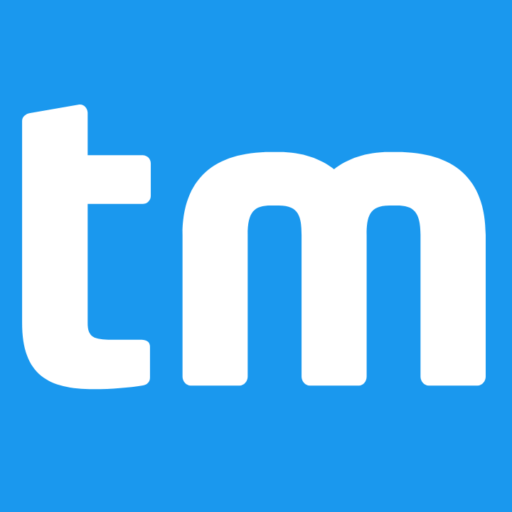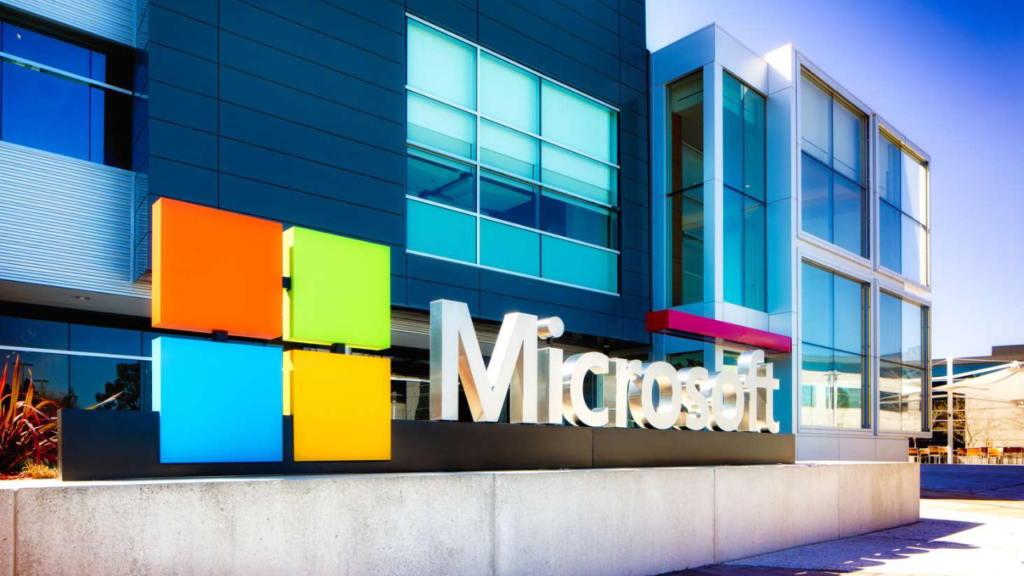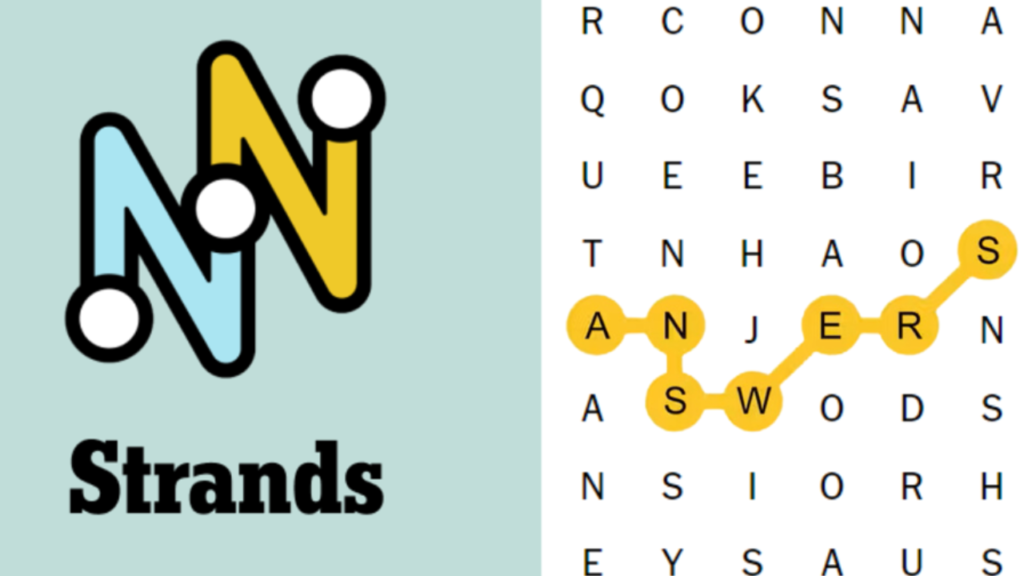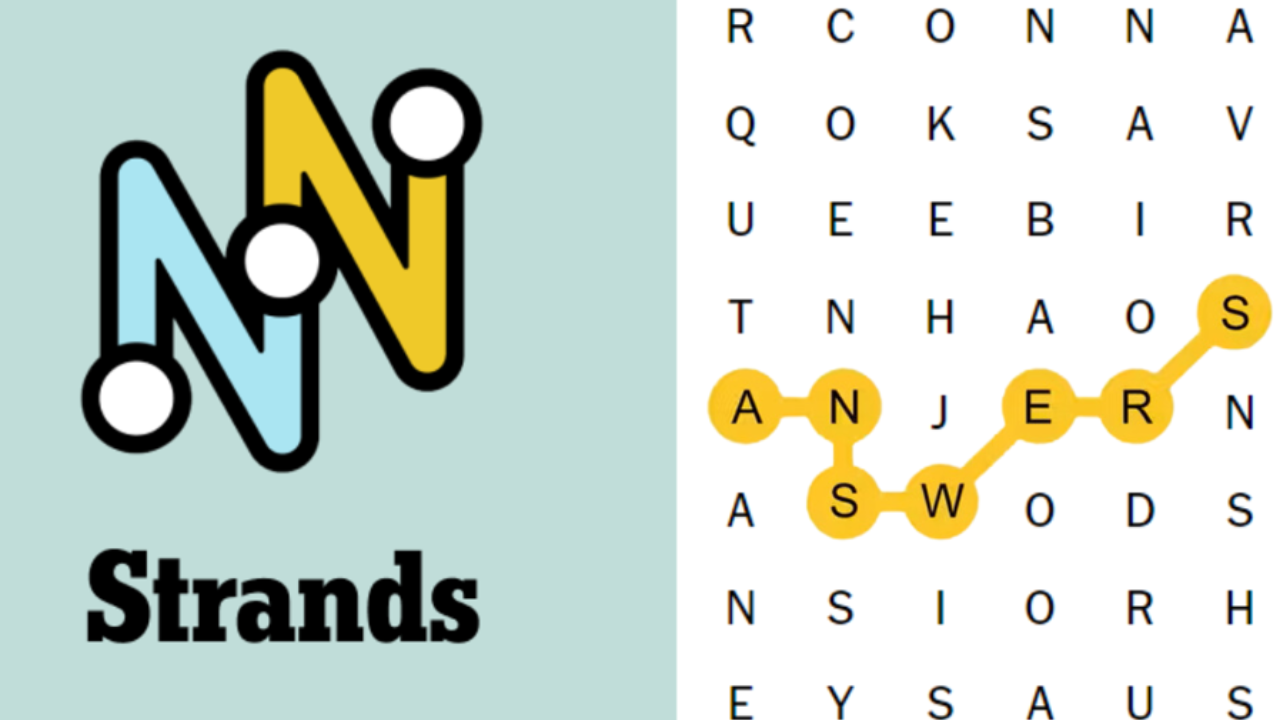Microsoft’s partnership with OpenAI and Google’s AI deal with Samsung have drawn the attention of EU antitrust regulators. These partnerships could face investigation due to concerns over exclusivity clauses and market dominance.
EU Antitrust Investigation on the Horizon
EU competition chief Margrethe Vestager announced on Friday that regulators will seek additional third-party opinions regarding these partnerships. This move reflects global regulatory concerns about Big Tech leveraging its dominance in new technologies, similar to their market power in other sectors. In March, Vestager sent questionnaires to major tech companies, including Microsoft, Google, Meta’s Facebook, and ByteDance’s TikTok, regarding their AI partnerships.
“We have reviewed the replies and are now sending a follow-up request for information on the agreement between Microsoft and OpenAI to understand whether certain exclusivity clauses could negatively impact competitors,” Vestager stated at a conference.
A Microsoft spokesperson responded, “We stand ready to respond to any additional questions the European Commission may have.”
Vestager clarified that Microsoft’s partnership with OpenAI would not be subject to EU merger rules due to the absence of control. Although OpenAI’s parent is a nonprofit, Microsoft has invested $13 billion in a for-profit subsidiary, securing a 49% stake. Vestager also expressed concerns about Big Tech potentially blocking smaller AI developers from accessing users and businesses.
Google’s AI Deal with Samsung Under Scrutiny
Vestager revealed that the EU Antitrust is also seeking more information on Google’s arrangement with Samsung to pre-install its small model Gemini Nano on certain Samsung devices. In January, Google secured a multi-year deal with the South Korean company to embed its generative AI technology in Samsung’s Galaxy S24 series smartphones.
Concerns Over “Acqui-Hires”
Vestager highlighted the issue of “acqui-hires,” where companies acquire others primarily for their talent. An example is Microsoft’s $650-million acquisition of startup Inflection in March, allowing it to use Inflection’s models and hire most of its staff. “We will ensure these practices don’t slip through our merger control rules if they basically lead to a concentration,” Vestager asserted.




















